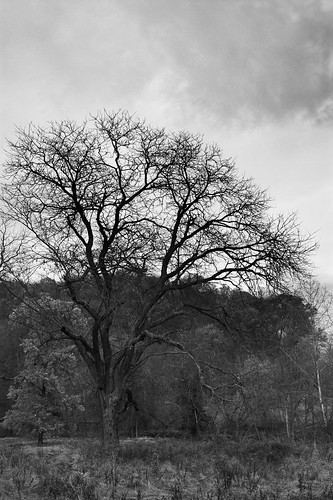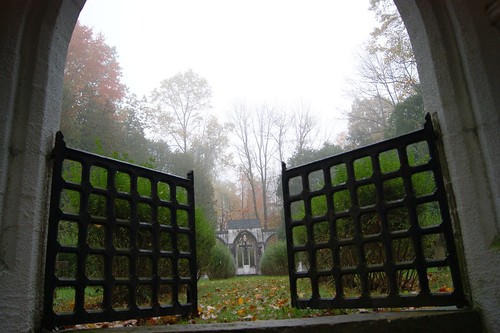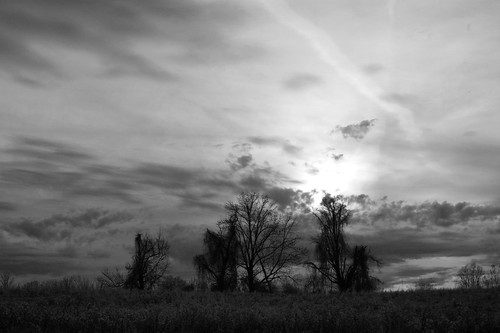
The Community of St. John Baptist, Mendham, New Jersey. Photo by Rick Morley.
The following is a reflection on Mark 1:29-39 the Gospel lesson appointed for February 5, 2012, the fifth Sunday after the Epiphany – according to the Revised Common Lectionary. Also on this site is a version of the Prayers of the People for all Epiphany.
Imagine walking into the office, and immediately getting hit with, “Everyone’s looking for you!—Where have you been?”
What’s your first response? What’s the first thing you do?
If you’re like me, the first thing you do is compile a list of who is looking for me, prioritize according to need (and influence/ prominence… yeah more on that some other time), and get to work. Perhaps even skip lunch if the list is a long one.
But, in Mark chapter 1, when the disciples tell him that there’s a long line of people outside waiting to be healed and comforted, what does Jesus do?
He picks up and moves on to another place.
Wow, as many times as I’ve read this passage, that never ceases to amaze me.
He moves on.
AND, he moves on AFTER taking the time to get up so early in the morning that it’s still dark, so that he might find a deserted place to pray.
There’s a part of me which finds this so very foreign that it’s disorienting. I mean, there was work to do. Hurting people. Sick people. Possessed people. People who were lost, and weary, and sinking into the depths of despair.
Couldn’t he have foregone the early morning prayer session and opened the office a little early that day? Couldn’t he have stuck around a little while longer, and alleviated some more of the hurt in that place? Did he have to go so quickly?
I wonder if Jesus had been the rector/ senior pastor if he could have gotten away with this? Can’t you just hear the hushed angry voices talking at coffee-hour about how the “good reverend” is slacking off a little too much? Too much work to be done to be gallivanting off to luxurious retreats… Can’t we open the office a few more hours a week?
Isn’t that what we pay him for?
Apparently not.
I see two things going on here.
- First, as vitally important to the salvation of the world that Jesus’ earthly ministry was, it was not so important that Jesus didn’t have time to take care of himself, and his spiritual connection with his Heavenly Father. And, if Jesus can find the time to care for his spiritual nurture, how much more can we find the time. I mean, I have an important job and all, but I’m not the savior of the world. And, even the Savior of the World needs quiet time, alone.
- And, Jesus demonstrates that you don’t have to do it all. You can’t save everyone. Sometimes you have to move on. Sometimes you just have to pick up and go where the Spirit sends you, even if it means people are still going to be in need. Because, honestly, there are always going to be people in need.
It is disorienting, because it’s a totally different way of thinking about existence, career, and ministry. It demonstrates so clearly that the world doesn’t revolve around ME. Or YOU.
We are more than the tasks we accomplish.
And, that waking up before dawn and finding a quiet place to connect with God is sometimes the most important thing we can do.







